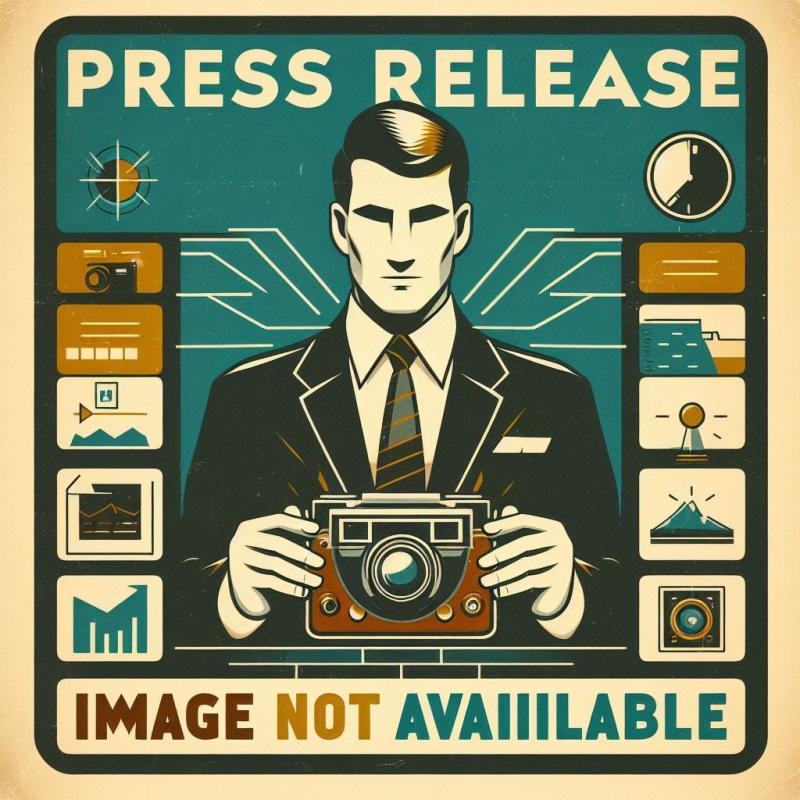Dee Agarwal explores how to spot industries ripe for disruption by identifying inefficiencies, outdated assumptions, and cultural lag, urging innovators to look beyond technology and listen closely to what consumers and systems quietly reveal.
ATLANTA, GA – July 4th, 2025 – In the dynamic landscape of modern commerce, innovation is not a mere advantage; it is an existential necessity. Yet while some sectors evolve continuously, others linger in outdated paradigms, creating fertile ground for those with the vision to disrupt. According to Deepak (Dee) Agarwal, an innovative founder with experience in multiple industries, recognizing the conditions that precede transformation is as much a matter of pattern recognition as it is strategic foresight.
“Industries rarely shout that they’re ready for disruption,” says Dee Agarwal [https://www.shcommodities.com/markets/stocks.php?article=zexprwire-2023-8-18-dee-agarwal-on-the-importance-of-fostering-a-culture-of-creativity-in-business]. “But they whisper. The key is listening closely to inefficiencies that have been normalized.”
At its core, disruption does not simply involve digitizing analog processes or streamlining supply chains. Rather, Dee Agarwal [https://www.prnewswire.com/news-releases/dee-agarwal-on-creating-an-inclusive-workplace-culture-301417093.html] argues, true disruption stems from challenging a system’s foundational assumptions, often those left unquestioned for decades.
“If an industry still operates as though recent advancements haven’t fundamentally changed consumer expectations, that’s your first signal,” Indicators of Latent Vulnerability [https://www.openpr.com/news/3519964/>Dee Agarwal notes. “Things may be moving at the speed of light these days, but a lack of urgency in modernization isn’t a sign of strength; it’s a signal of vulnerability.”
This release was published on openPR.
